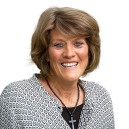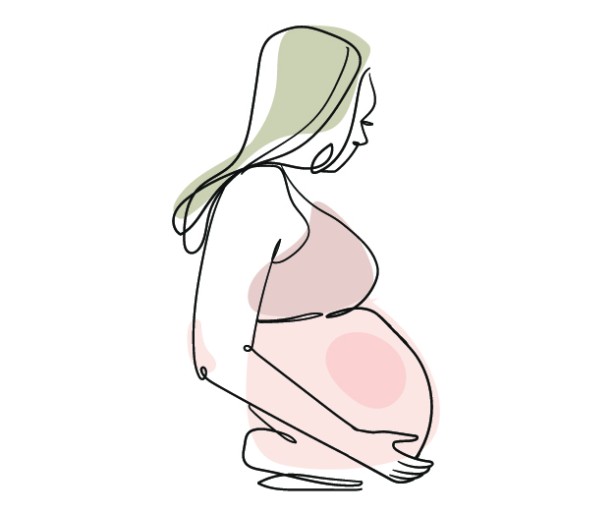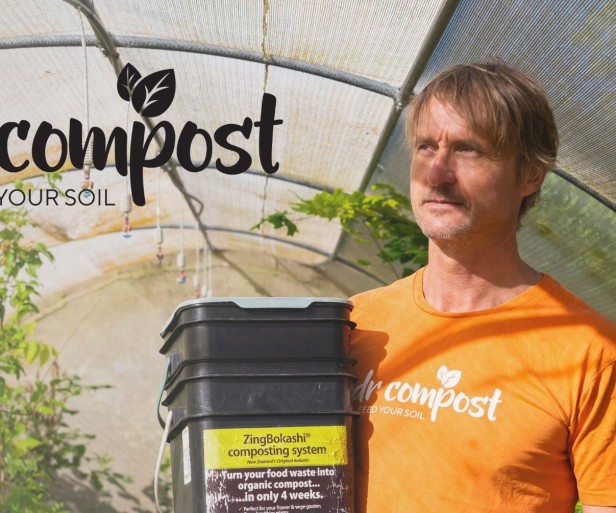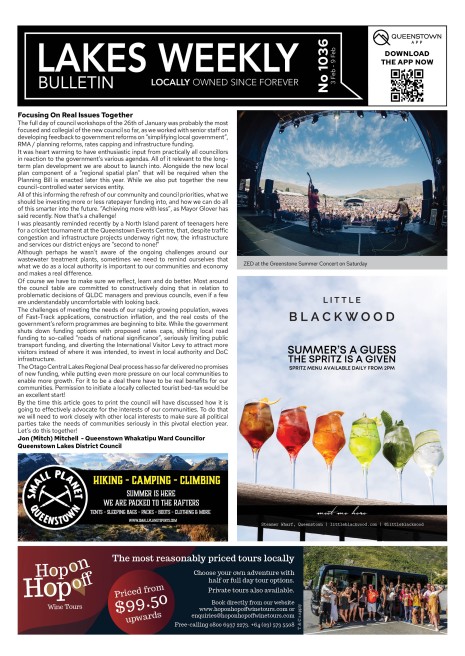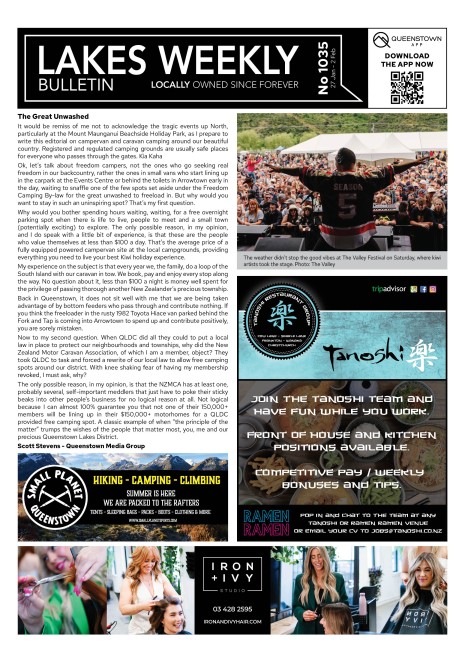Digitising the past, to protect it for the future
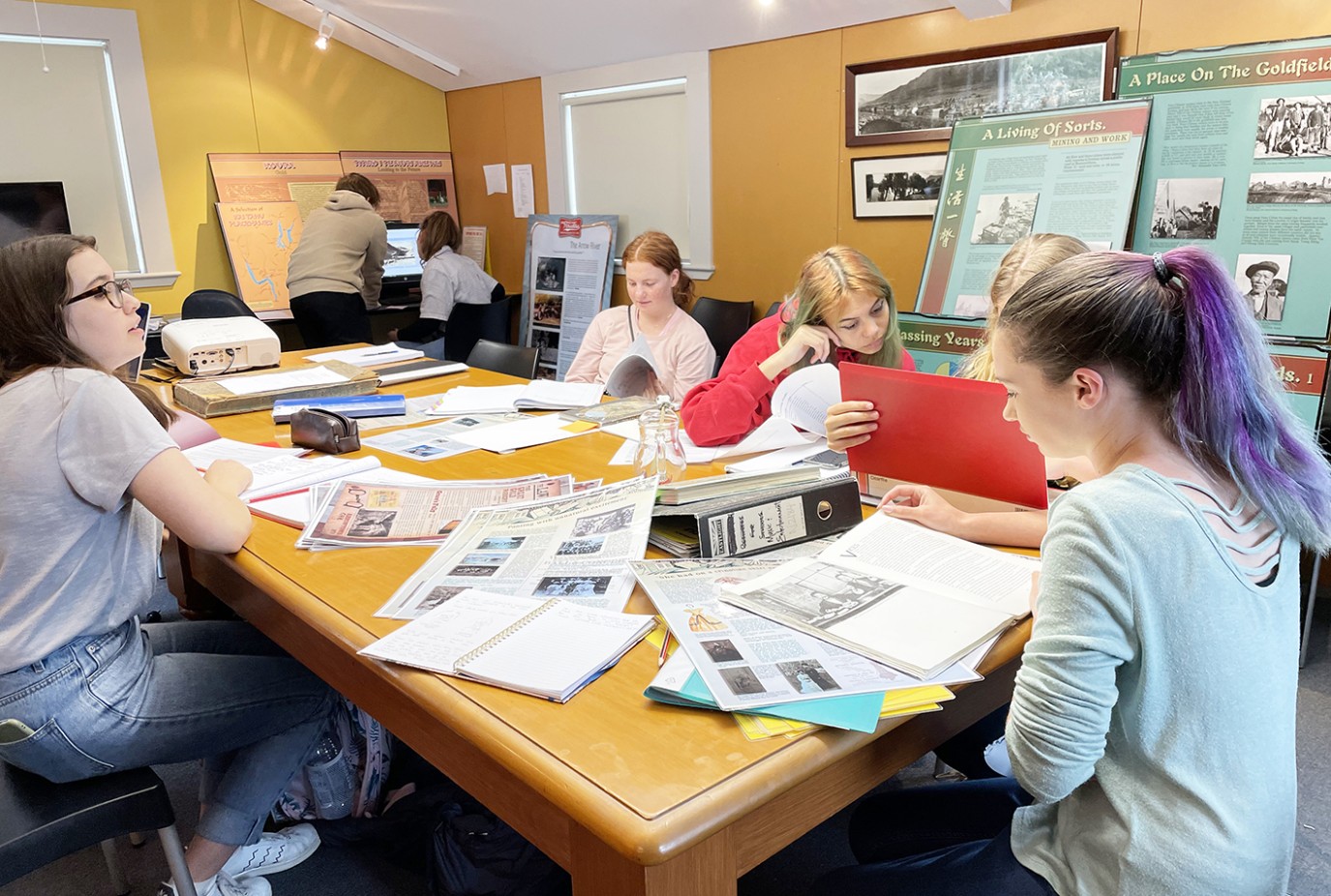
Lakes District Museum is in a race against time to protect the Wakatipu’s past and bring it ‘back to the future’.
One of the basin’s most popular tourist attractions, and on one of Arrowtown’s most significant historical goldrush sites, this fascinating mass treasure trove is hugely rich in local history.
It’s always been freely accessible to everyone from film script writers and researchers to genealogists and school groups. Museum director David Clarke says the challenge now is to ensure every archive is digitised so that it’s even more widely accessible and protected for future generations.
“We have thousands of paper archives, photos, meeting minutes, books and objects, some are digitised, but 80% are not,” he says. “Papers Past– a digitised version of the country’s newspapers, is an amazing research tool – a treasure trove of information, and we’re sitting on one of those here.”
It’s a huge task that requires digital archivist specialists and the right equipment.
The museum also has 300 existing oral histories recorded on tape from those who’ve passed that also need to be safely digitised.
“We’d also like to focus on the stories of our new communities locally and get them involved in the museum with some of their oral histories,” Clarke says. There are some 61 different nationalities represented in the Wakatipu.
“We see their children in our educational programmes and as part of our museum audience. We realise we don’t necessarily interact with this new audience and hear their stories, so they too need to be shared on a digital platform.”
All of these artefacts and histories need to be made more widely available to the public through quick, easy access online, although Clarke says they “won’t be taking the detective out of it” for those who still love to dig and delve in wonder through the museum archives.
Among the treasures are documents donated by Wakatipu pioneer William Rees’ great, great granddaughter Rosemary Marryat. These include a letter from his famous English cricketer godson W. G. Grace. “He wrote to Rees saying the Australians had played in ‘bad spirit’,” Clarke grins.
“Some of these are priceless documents and really interesting ephemera like goldrush ball tickets, farming receipts and serviettes off the old lake steamers,” Clarke says. “Once digitised these can be used in books, by researchers looking at council plans, filmmakers, interior designers, design consultants, anyone. It just makes it a lot easier and faster.”
Lakes District Museum was recently named among five finalists in the latest round of Impact 100 grant funding applications, with the winners to be announced at an awards gala on 25 October. Two $100,000 grants are up for grabs this year.
If successful, the museum would use the $100k to contract two assistant archivists for a year and buy new equipment to get the job done. “It’s a huge process and this money would pay those staff and buy the necessary specialist scanners that can take the likes of old council minutes books and digitise them,” Clarke says.
“There are programmes now that convert copper plate writing to Word Documents.” New camera gear capable of digitising larger works like maps will be purchased.
“Until now we’ve relied on a photocopier and scanner that is 20 years old. This funding would give us the kickstart and then we can continue to self-fund the operation ourselves.”
However, the main priority is to protect the archives. “A museum director is always nervous when they hear a fire siren. Heaven forbid that ever happens,” Clarke says. “It’s our responsibility to protect the district’s history.” The museum has good storage, but all these items need to be moved onto the cloud. “At present staff take any existing digital records on a portable hard drive across to the Post Office’s fireproof safe each week.”
Museum staff have been incredibly busy these last few years with fundraising for and completing the $3 million-plus earthquake strengthening project. It’s now time to focus on its ‘Digitising the Past – Inspiring the Future’ project, he says.
The next concern will be how to record contemporary history. “Nobody’s writing love letters anymore and most photos are only on phones, many only looked at once. We want to be able to get people to select their digital photos and deposit them at the museum because they can tell future generations so much about our social history.”

